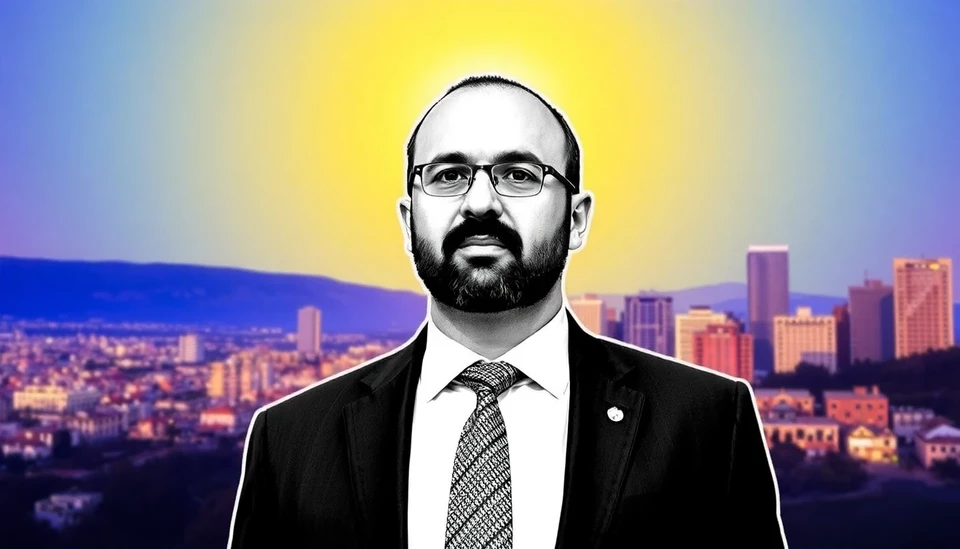
In the wake of ongoing military operations between Israel and Hezbollah, Lebanon finds itself grappling with a staggering financial burden estimated at $20 billion. This figure stems from the extensive damage and disruptions caused by the strikes, initiated amid heightened tensions in the region. The conflict has had reverberating effects on Lebanon’s already fragile economy, which has been struggling with political instability and a severe financial crisis for years.
Over recent weeks, the hostilities have escalated, leading to significant casualties and infrastructure damage. The economic repercussions of these military actions are becoming painfully clear as Lebanese businesses, already operating under dire conditions, face further challenges. Many firms have reported substantial losses, and countless jobs have been obliterated as operations come to a standstill in conflict-ridden areas.
High-stakes assessments indicate that sectors such as tourism, trade, and agriculture have been severely impacted. Lebanon, which was once known for its vibrant tourist scene and rich agricultural output, now sees potential visitors and trade partners retreat out of fear and uncertainty. The strikes have not only disrupted local communities but have also instilled a sense of desperation among the populace, leading to widespread protests and calls for governmental accountability.
Reports indicate an alarming uptick in the cost of living for everyday Lebanese citizens, exacerbated by the ongoing military actions. Prices on essential goods have skyrocketed, and with the Lebanese pound continuing its downward spiral, many families are struggling to make ends meet. The humanitarian implications of the conflict are increasingly dire, as access to basic necessities becomes jeopardized.
International responses to the conflict have been mixed, with some nations calling for immediate ceasefires while others provide support to one side or the other, complicating the diplomatic landscape. Humanitarian organizations are urging an end to hostilities, emphasizing the need to address the impending humanitarian crisis stemming from the ongoing violence.
As Lebanon navigates these turbulent waters, the path towards economic recovery appears increasingly obstructed. Experts warn that without substantial international aid and effective domestic policies, the nation risks sliding deeper into despair. The future remains uncertain, and with significant financial repercussions already felt throughout the country, the need for a peaceful resolution to the conflict has never been more pressing.
In conclusion, as the military strikes continue to create turmoil, the toll on Lebanon's economy underscores the far-reaching consequences of the violence. Both immediate and longer-term solutions are crucial to restoring stability in the region and ensuring that the Lebanese people can begin the difficult task of recovery.
#Lebanon #Israel #Hezbollah #Conflict #EconomicImpact #MiddleEast #HumanitarianCrisis #Recovery
Author: Daniel Foster




